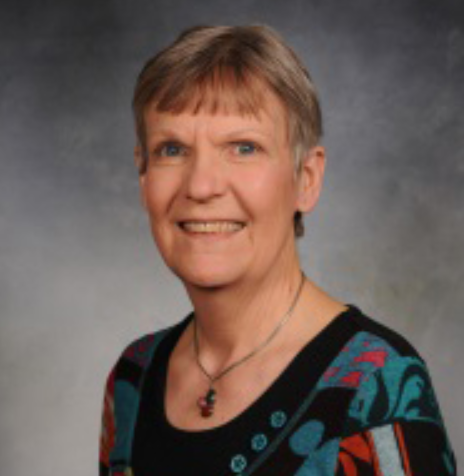
Last week, our K-State Research and Extension specialists shared an update with us about the work being done related to mental health in Kansas. A Strength and Resiliency team is working to train Extension Educators in Kansas in both Mental Health First Aid, which several of our team members have completed, and the QPR program. QPR stands for question, persuade, and refer and targets suicide prevention training.
Since September 4-10 is noted as National Suicide Prevention Week, it seems like the perfect place to provide basic information about suicide prevention and the warning signs of suicide. It also aims to reduce the stigma surrounding suicide and encourage the pursuit of mental health assistance because going to therapy should be as normalized as going to the gym.
Some of the things you can do this week to observe suicide prevention would be:
1) Raise awareness – One of the most helpful and effective ways we can observe Suicide Prevention Week is by raising awareness of it. We need to reduce the stigma around it so that more people can reach out for help.
2) Educate yourself – The best thing we can do is to learn more about itourselves. We need to educate ourselves and facilitate proactive prevention in our communities so that we can shatter the silence around our mental health. About a year ago, my husband John, and I started attending the Suicide Prevention Task Force meetings. We always come away from the meetings with a “Wow, I had no idea” kind of feeling. Hearing from family members who have lost loved ones to suicide is heart wrenching but in the safe space at our meetings I know it is an important part of the healing process.
3) Look out for others – Many people suffering from poor mental health do not reach out for help for fear of being judged or misunderstood. We need to look out for others and check for warning signs. Find ways to help people feel heard and understood.
Some of the warning signs of suicide include:
•Talking about feeling hopeless or having no purpose
•Talking about being a burden to others
•Increasing the use of alcohol or drugs
•Acting anxious, agitated or reckless
•Sleeping too little or too much
•Withdrawing or feeling isolated.
If you or someone you know is in crisis, call the lifeline at 988 or text SAVE to 741741 for 24/7 anonymous, free crisis counseling.
Donna Krug is the District Director and Family and Consumer Science Agent with K-State Research and Extension – Cottonwood District. You may reach her at (620)793-1910 or [email protected]






